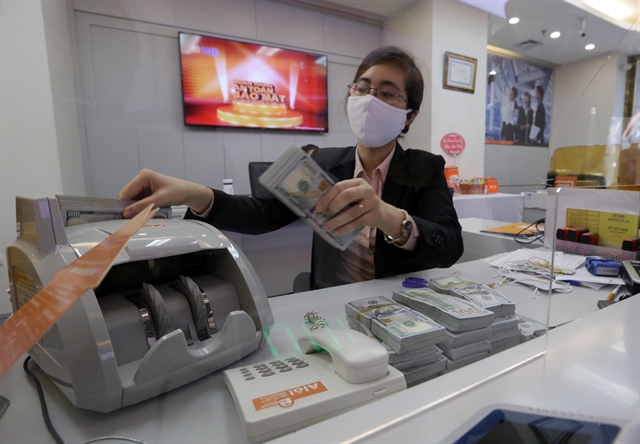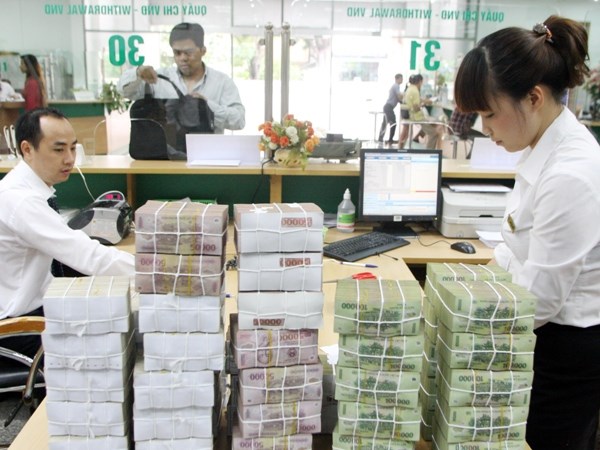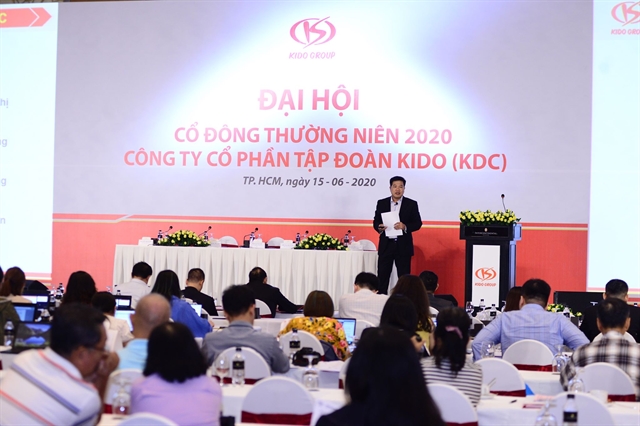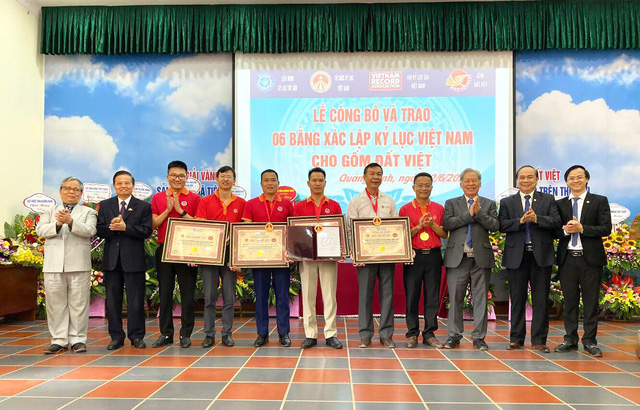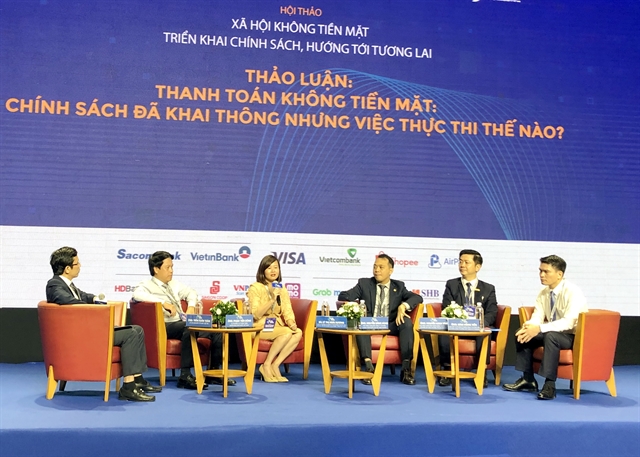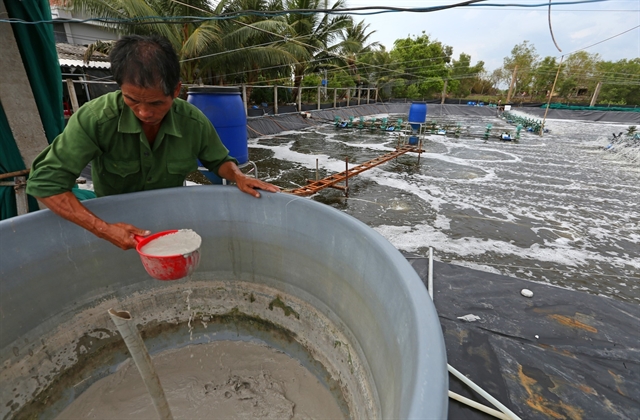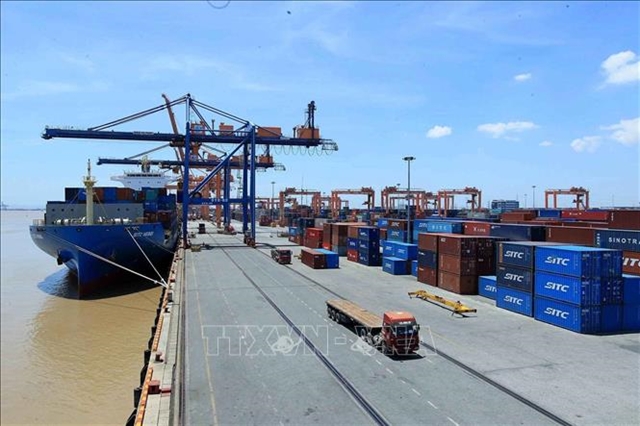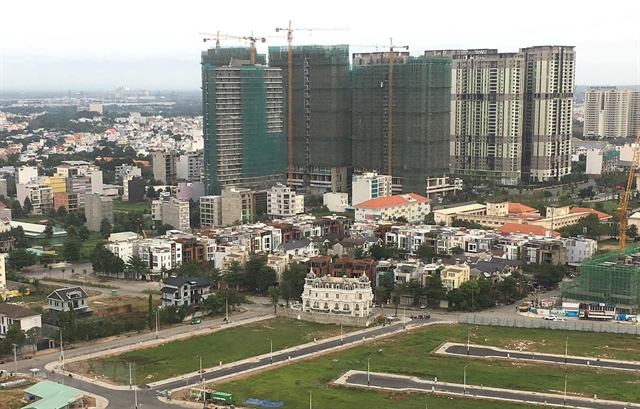
HÀ NỘI — The interest expense deduction limit may be raised from the current 20 per cent to 30 per cent to support businesses, according to a draft decree on tax management for enterprises with related party transactions the Ministry of Finance recently made public for comments.
The draft would replace Decree 20/2017/NĐ/CP.
The finance ministry said the Decree 20 had contributed significantly to the fight against transfer pricing in the past three years but the 20 per cent limit to the deductibility of interest expenses caused a lot of difficulties for enterprises.
The regulation meant the deductibility of interest payments was limited to 20 per cent of the company’s earnings before interest, taxes, depreciation, and amortisation with the excess carried forward indefinitely.
The ratio of 20 per cent was within the corridor of 10 per cent to 30 per cent recommended by the Organisation for Economic Cooperation and Development (OECD).
However, the cap of 20 per cent was not appropriate to Việt Nam where most firms were thinly-capitalised with the level of debt much greater than equity capital, according to the finance ministry.
Increasing the cap to 30 per cent aimed to help enterprises have more capital for investment and to promote the transition of capital raising structure for operation, the ministry said.
The ministry said the application on international standards must be appropriate to the situation in Việt Nam, adding that domestic enterprises needed time to narrow the development gap with the OECD’s member countries.
The draft also includes regulations about conditions for deducibility of related party transactions to prevent transfer pricing, the ministry said.
Đinh Mai Hạnh, the tax partner of Delotte Vietnam, was quoted by Đầu Tư (Investment) online newspaper as saying that the 20 per cent ratio limit aimed to prevent the thin capitalisation strategy to avoid tax.
However, the regulation caused a lot of difficulties to domestic firms, especially those in the parent-company model or those in sectors requiring huge capital like real estate.
Nguyễn Đức Nghĩa, president of HCM City Tax Agent Club, said the ratio cap of 20 per cent or 30 per cent would not be important. How to accurately identify subjects to the regulation was more important, he said, adding that most Vietnamese firms were thinly-capitalised and must seek loans for operation and most (around 97 per cent) were small or medium-sized enterprises.
Deputy Director of the General Department of Taxation Đặng Ngọc Minh said among nearly 4,000 enterprises with related party transactions and interest expenses, about 700 had the ratio of interest expense on EBITDA higher than 20 per cent (more than 450 were foreign-invested).
The deducted interest expense was estimated at about VNĐ18 trillion (US$775.8 million) each year, VNĐ10 trillion was for domestic companies.
Domestic firms which had the ratio of interest expense higher than 20 per cent were mainly operating in manufacturing and processing, real estate, construction and power production and distribution.
In 2018, the tax watchdog inspected 593 enterprises with related party transactions which helped collect VNĐ1.6 trillion in tax arrears and fines, cut losses by VNĐ4.8 trillion and increase taxable incomes by nearly VNĐ7.2 trillion.
In 2019, 579 companies were inspected to collect VĐ1.16 trillion in arrears and fines, reduce losses by VNĐ5.8 trillion and increase taxable incomes by VNĐ5.9 trillion. — VNS

